Tinnitus and Hearing Aids | Are They The Closest Thing To A Cure for Tinnitus? Cliff Olson, Doctor of Audiology and founder of Applied Hearing Solutions in Anthem Arizona, discusses hearing aids as a treatment option for tinnitus.
Tinnitus, or ringing the ears, is an extremely common condition that effects over 50 millions Americans, according to the American Tinnitus Association, which is roughly 15% of the US Population.One of the most common theories behind the cause of tinnitus is the brain's response to the absence of sound caused by a hearing loss. When the brain can't receive sound from the ears, it creates a phantom sound to replace it.
This is often perceived as a ringing or buzzing sound and can vary in the loudness and annoyance of it. I have a hearing loss and tinnitus in my right ear. My tinnitus is in the range of my hearing loss at 2 kHz, slightly louder than my hearing threshold at that frequency. The reason hearing aids are so good at reducing the perception of tinnitus, is that it replaces this sound that the brain is missing. Thereby shutting of the phantom sound. This works for 60% of individuals with tinnitus and hearing loss. Some of these individuals also experience residual inhibition which is the the reduction of tinnitus perception even after removing hearing aids. This inhibited perception of tinnitus can last for a few minutes to several hours.
Personally, I am one of the 40% of individuals who has no reduction in the perception of my tinnitus while wearing a hearing aid. For these individuals, using a tinnitus masker is the best option. This is when a sound is generated by a hearing aid that masks over the perception of the ringing or buzzing tinnitus sound. It is important to note that there is NO CURE FOR TINNITUS. The perception of tinnitus is a symptom. While the symptom can be managed, you can not cure tinnitus by treating the symptom. But that doesn't mean that you can't experience significant relief from the tinnitus by using hearing aids. In fact, Hearing Aids are one of the best tinnitus treatments that exist.
Tinnitus, or ringing the ears, is an extremely common condition that effects over 50 millions Americans, according to the American Tinnitus Association, which is roughly 15% of the US Population.One of the most common theories behind the cause of tinnitus is the brain's response to the absence of sound caused by a hearing loss. When the brain can't receive sound from the ears, it creates a phantom sound to replace it.
This is often perceived as a ringing or buzzing sound and can vary in the loudness and annoyance of it. I have a hearing loss and tinnitus in my right ear. My tinnitus is in the range of my hearing loss at 2 kHz, slightly louder than my hearing threshold at that frequency. The reason hearing aids are so good at reducing the perception of tinnitus, is that it replaces this sound that the brain is missing. Thereby shutting of the phantom sound. This works for 60% of individuals with tinnitus and hearing loss. Some of these individuals also experience residual inhibition which is the the reduction of tinnitus perception even after removing hearing aids. This inhibited perception of tinnitus can last for a few minutes to several hours.
Personally, I am one of the 40% of individuals who has no reduction in the perception of my tinnitus while wearing a hearing aid. For these individuals, using a tinnitus masker is the best option. This is when a sound is generated by a hearing aid that masks over the perception of the ringing or buzzing tinnitus sound. It is important to note that there is NO CURE FOR TINNITUS. The perception of tinnitus is a symptom. While the symptom can be managed, you can not cure tinnitus by treating the symptom. But that doesn't mean that you can't experience significant relief from the tinnitus by using hearing aids. In fact, Hearing Aids are one of the best tinnitus treatments that exist.
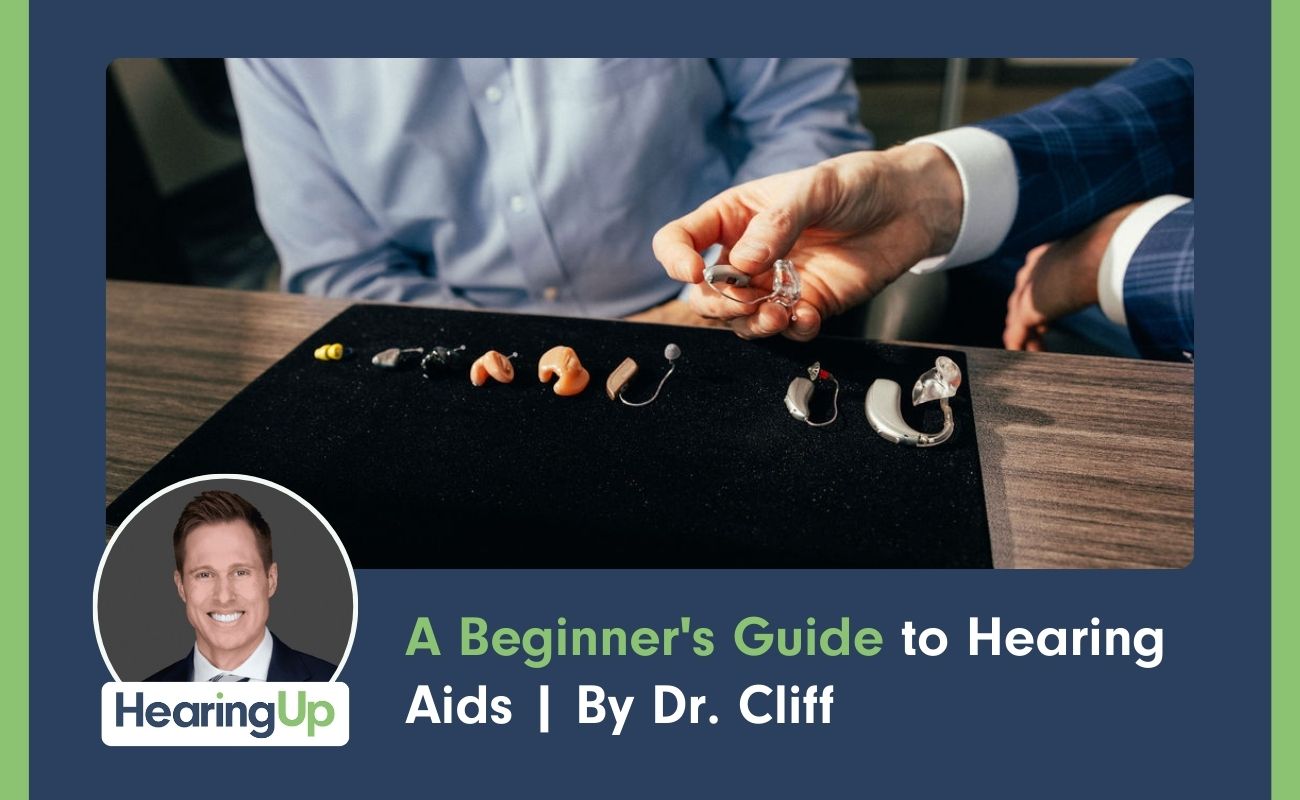
Hearing aid success requires 90-min evaluations, Real Ear Measurement programming, appropriate tech selection, 30-day adaptation and ongoing professional follow-up.
Read More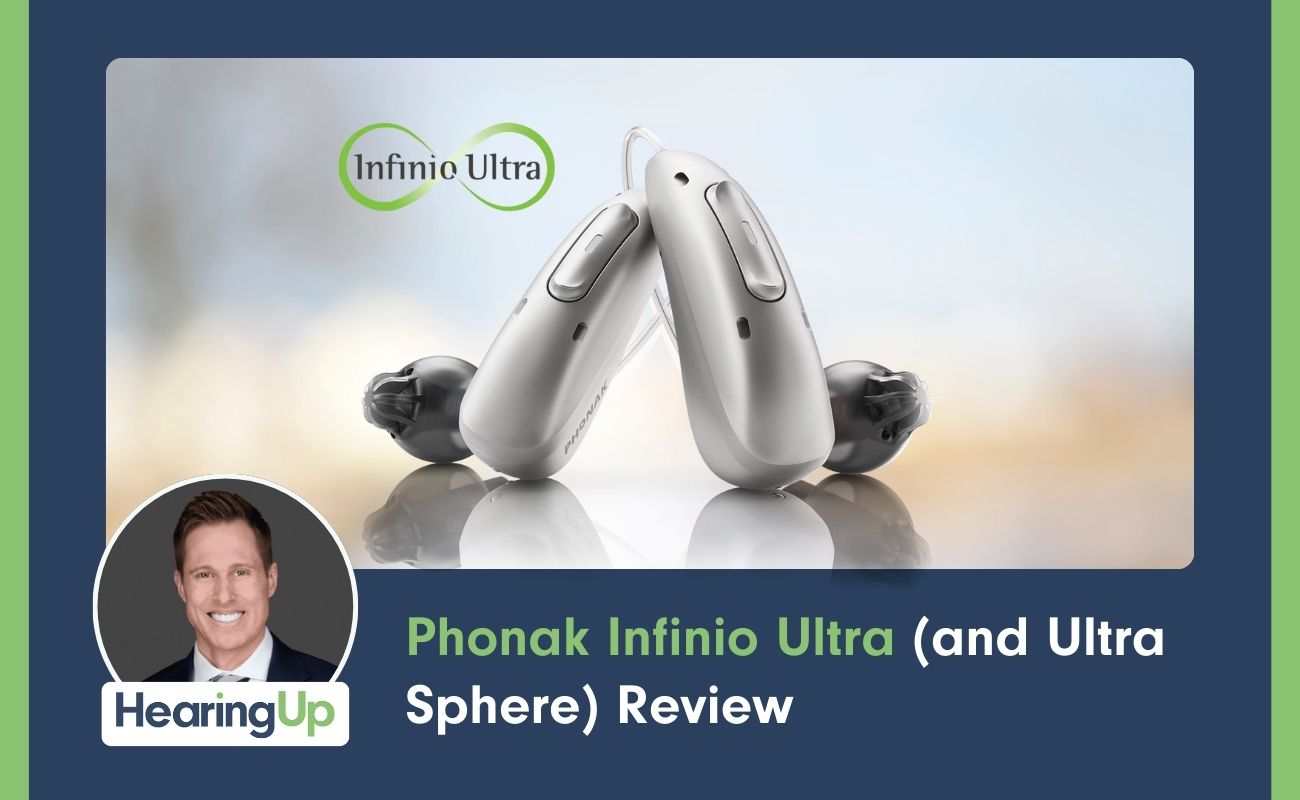
Phonak Infinio Ultra firmware adds AutoSense OS 7.0 (24% better), 30% improved battery (10hrs with AI), simplified Bluetooth pairing, and faster feedback tests.
Read More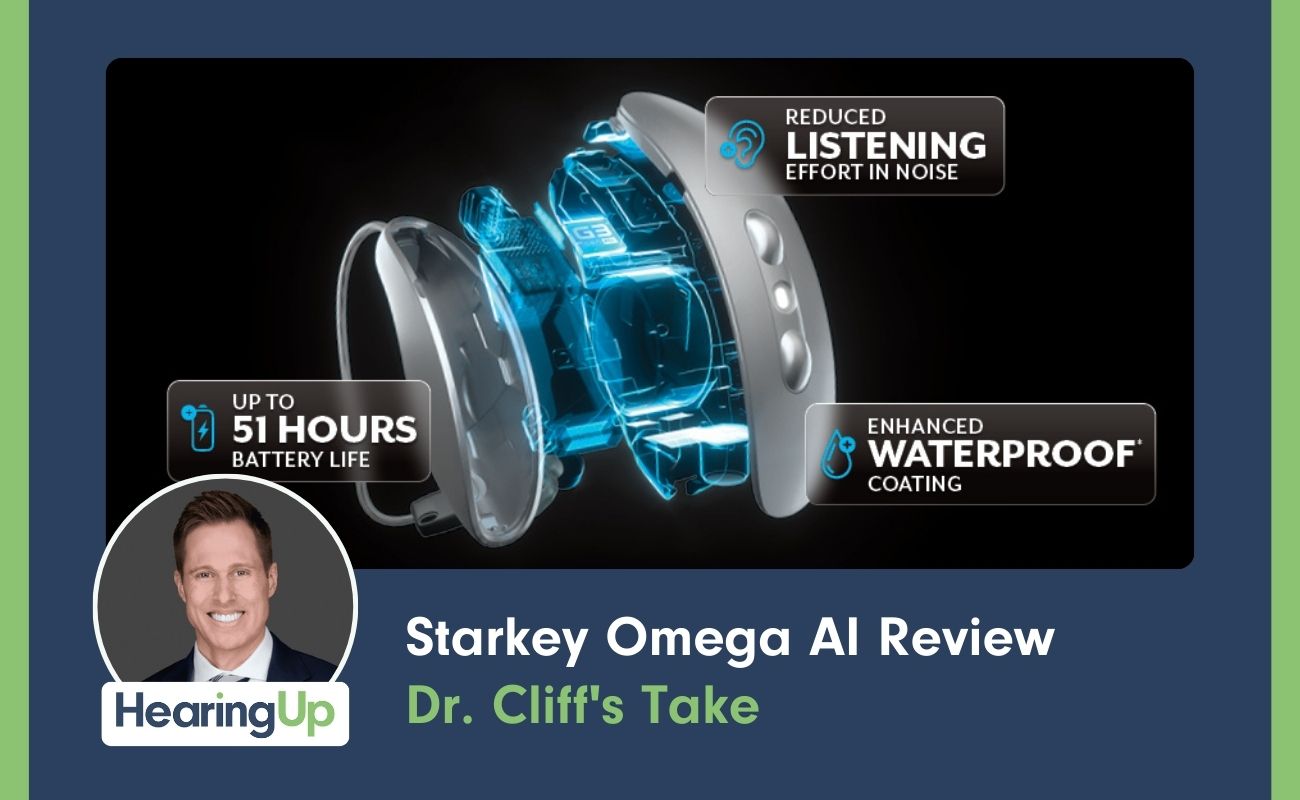
Starkey Omega AI improves on Edge AI with DNN 360 (19.6% better speech clarity), spatial awareness, find-my-hearing-aid lights, and 20x stronger custom shells.
Read More
HRV objectively measures stress affecting tinnitus by tracking autonomic balance, enabling data-driven treatment adjustments via Modern Tinnitus Basecamp.
Read More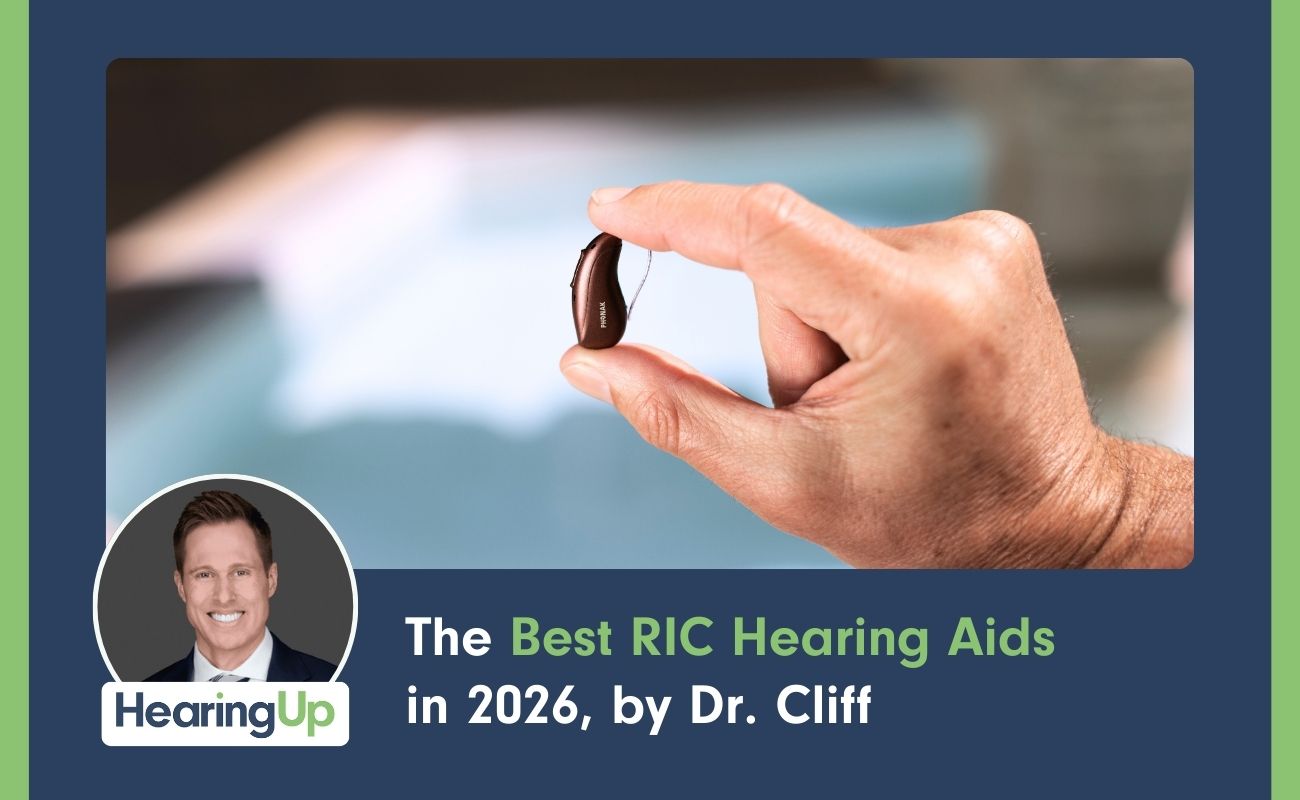
Top 2026 RIC hearing aids: Phonak Ultra Sphere Infinio (AI noise reduction), Starkey Omega AI, Oticon Intent, Signia IX, Widex SmartRIC.
Read More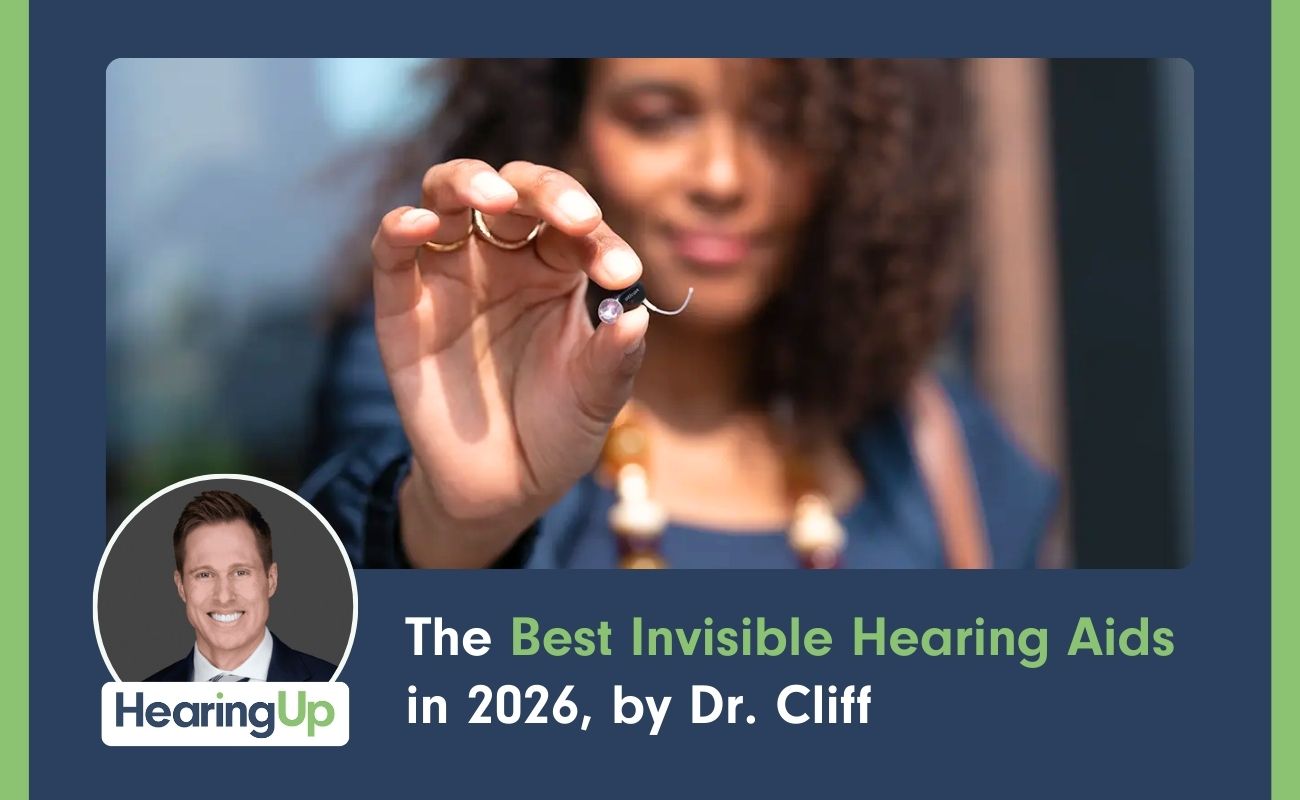
Best 2026 invisible aids: Oticon Zeal (AI/Auracast), Phonak Lyric (self-replace), Starkey IIC (minimal), Phonak Titanium (durable), Oticon Own (AI processing).
Read More